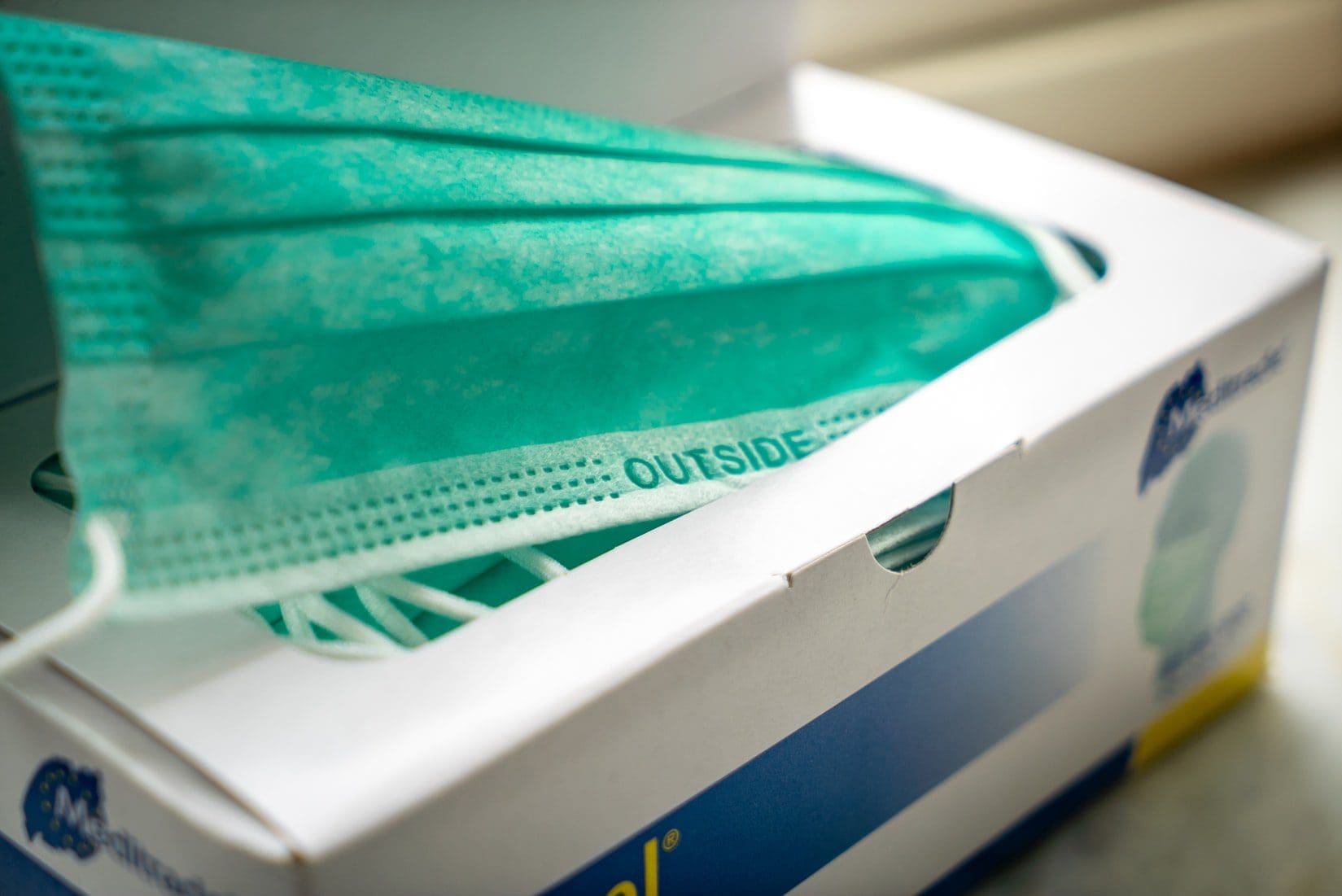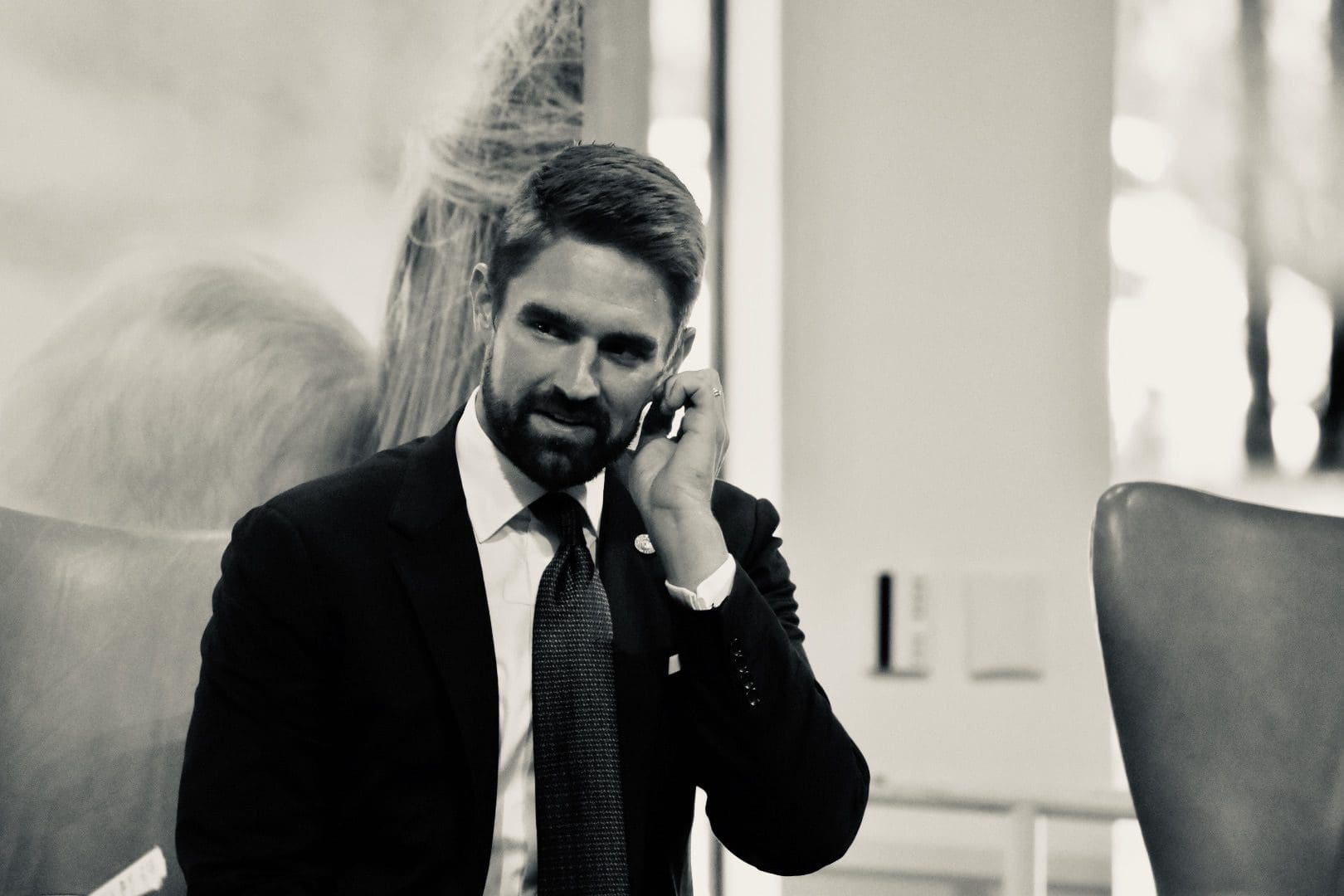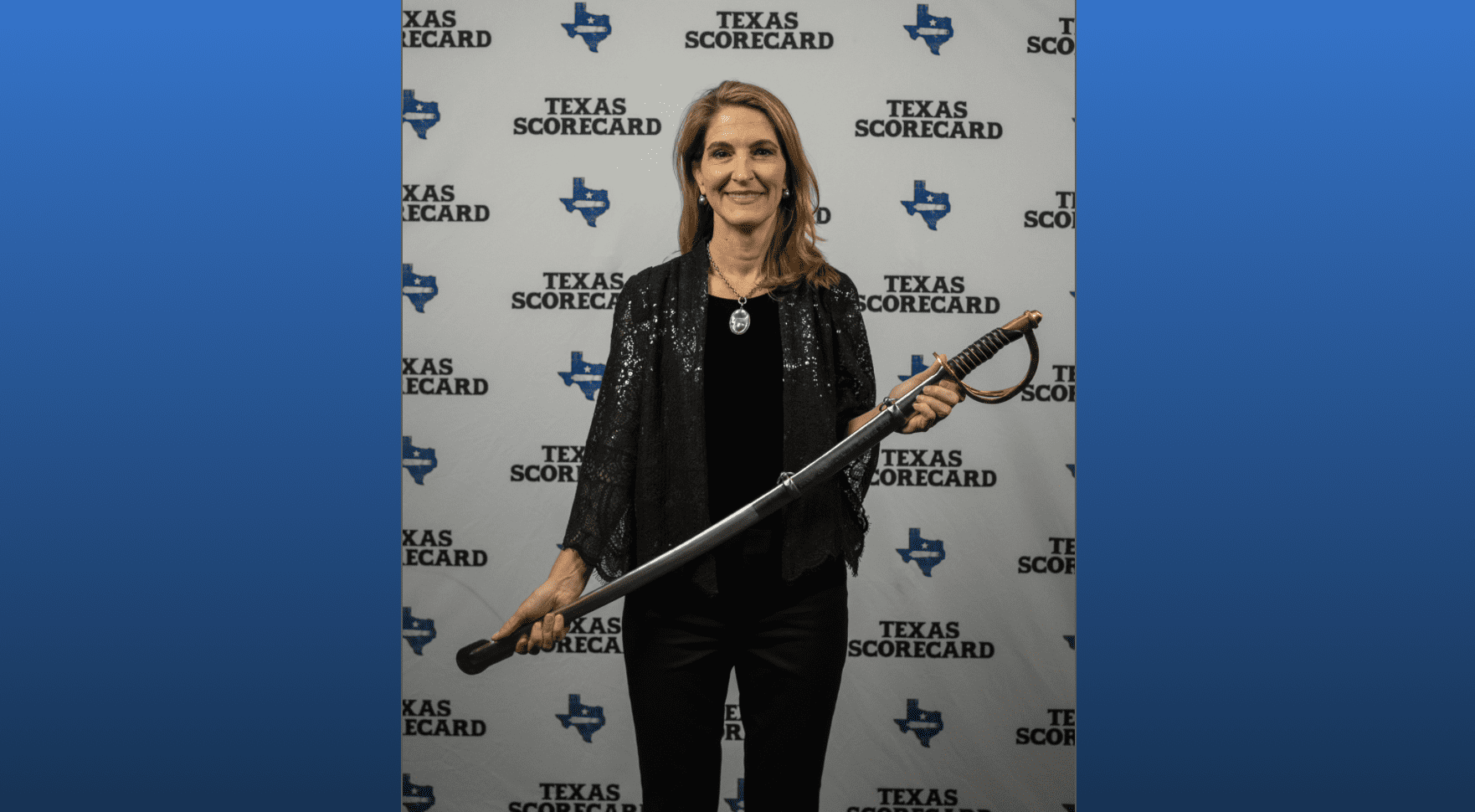As universities across the state begin in-person classes for the fall semester, most are doing so with a new set of strict guidelines in light of the Chinese Coronavirus: socially distanced classrooms and dining halls, limits on group meeting sizes, and stringent mask mandates.
On one small private university campus in Texas, a student says she was confined to her dorm because she is unable to wear a face covering, despite having a doctor’s note excusing her from having to wear one.
Schreiner University is a private Presbyterian university in Kerrville with around 1,300 students.
Like other schools, Schreiner has implemented strict standards this semester. Incoming students were required to submit a negative COVID-19 test before arriving on campus. Every day, students have their temperatures taken and are issued a wristband signaling that they are allowed to be on campus and attend class.
Students must then wear a mask to all classes, dining facilities, and while walking anywhere on campus, barring the following exceptions:
- While alone in one’s assigned residence room.
- While seated and eating and maintaining required social distance.
- While engaging in an approved university co-curricular program that by its nature precludes the use of a cloth face covering or mask (for example, athletics competition and practice, concert band, choir, theatre).
- While driving alone.
Anyone who fails to comply with the mandate will be brought before a judicial board and, according to university administrators, subject to fines.
Schreiner University freshman McKenna Hall, however, has a medical condition that she says precludes her from wearing a face mask.
First, Hall was told to go to the campus health clinic to fill out some paperwork for the exemption to avoid constant questions from faculty and staff on why she was not wearing a mask. Upon arriving at the clinic, however, the nurse did not offer her such an option. Instead, she says the nurse asked her to disclose her medical condition and stated she would need a doctor’s note to receive a medical exemption.
After Hall questioned the school’s legal standing to ask about her medical conditions, Hall was sent to the Dean of Students, Dr. Charles Hueber, who informed her that she would either have to wear a mask or leave the campus.
Several days later, Hall obtained a note from her physician outlining her medical need to be exempt from wearing a face mask. However, when she returned to the campus clinic the day before classes were scheduled to begin to deliver the note as requested, Hall says she was once again sent to Hueber, who pried into her medical reasons for not wearing a face covering.
After that discussion, he said she must stay confined to her dorm room until the situation could be “worked out.” That position was also echoed by Provost Dr. Travis Frampton.
Despite having a doctor’s note, the university suggested having her doctor contact Schreiner’s nurse practitioner to discuss her health conditions, a condition Hall refused.
That day, Hall was forced to return to her dorm, without access to the dining halls for food and has been forced to take online classes.
Relegated to virtual learning, Hall has enlisted the help of attorney and State Rep. Briscoe Cain (R–Deer Park).
“The university needs to walk back these oppressive policies and get back to the business of educating students in what matters,” said Cain. “The administration of Schreiner University should be ashamed of themselves. The Americans with Disabilities Act requires reasonable accommodations. The accommodations offered by the university are anything but reasonable. They are heartless and discriminatory.”
The university, however, says they do provide a process for those unable to wear masks. Though a university spokesman told Texas Scorecard they cannot discuss circumstances or incidents related to any specific student, they say no students have been “kicked off campus” and highlighted the following excerpt from the school’s COVID-19 policy guide:
In the event that an individual’s health condition prohibits the use of a cloth face covering or mask, that individual may receive approval from the Campus Clinic or the 504 Coordinator for an alternative accommodation, such as utilization of a face shield that protects one’s eyes, nose, and mouth at any time that the individual would otherwise be required to wear a face covering.
Hall, however, says a face shield is an even worse alternative and not an appropriate accommodation.
“Before arriving at Schreiner, I’ve never been made to wear a mask. No one questioned my medical exemption. Everyone has been accommodating. Yet the one place that I am paying to be at, the one where they say they minister to the ‘whole person,’ won’t acknowledge much less accommodate my medical needs,” said Hall.
“I am at Schreiner for a higher education and to be on their equestrian team, not to be forced to conform to inhumane measures that risk my education and personal health, nor to be isolated off campus.”





